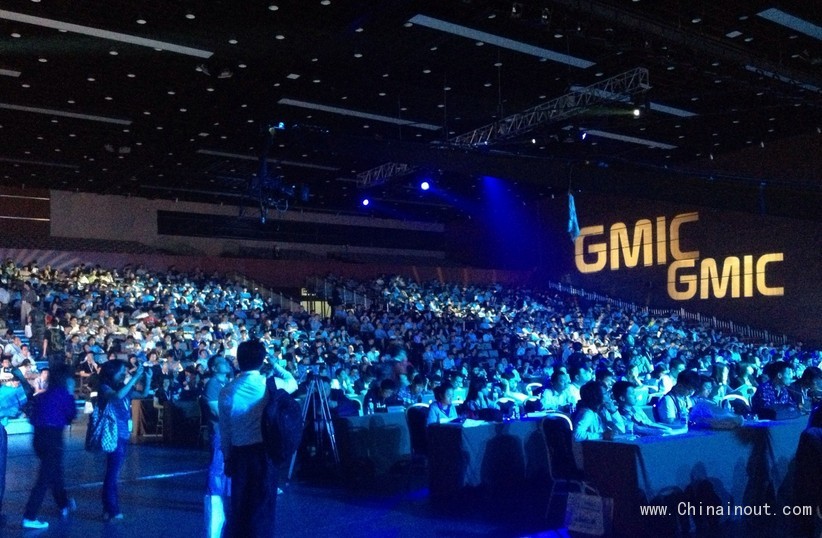中國國家互聯(lián)網(wǎng)信息辦公室主任魯煒抨擊了美國針對(duì)中國的網(wǎng)絡(luò)攻擊指控,,他表示,,實(shí)際上,中國是網(wǎng)絡(luò)攻擊的“主要受害國”,。
他在北京的一個(gè)新聞發(fā)布會(huì)上表示,,中國每月有1萬多個(gè)網(wǎng)站被篡改,80%的政府網(wǎng)站受到過攻擊,。他表示,,攻擊的主要來源是美國。
魯煒表示:“有些人誣蔑中國實(shí)施黑客攻擊,我要強(qiáng)調(diào)的是,,中國不允許非法網(wǎng)絡(luò)攻擊,,不允許通過網(wǎng)絡(luò)來竊取他國的秘密。”他補(bǔ)充稱:“中國是網(wǎng)絡(luò)攻擊的主要受害國,。”
美國政府則一直持相反的看法:位于中國的互聯(lián)網(wǎng)黑客(其中一些明顯與中國政府有關(guān)系)發(fā)動(dòng)了互聯(lián)網(wǎng)間諜活動(dòng),,并企圖令美國網(wǎng)絡(luò)癱瘓。今年5月,,美國指控5名中國公民參與網(wǎng)絡(luò)間諜活動(dòng),,稱他們系中國軍人。
魯煒表示,,中美關(guān)系順利發(fā)展是優(yōu)先任務(wù),,為此,中國政府將在浙江美麗的烏鎮(zhèn)舉辦世界互聯(lián)網(wǎng)大會(huì),,11月19日開幕,,為期3天。烏鎮(zhèn)距離電商巨頭阿里巴巴(Alibaba)總部不遠(yuǎn),。
他表示,,許多國際政要以及中國三大互聯(lián)網(wǎng)企業(yè)——百度(Baidu)、阿里巴巴和騰訊(Tencent)——的董事長都同意參加此次大會(huì),。大會(huì)的目的是“展現(xiàn)中國互聯(lián)網(wǎng)20年來的發(fā)展成果”,。
盡管中美之間存在分歧,但他強(qiáng)調(diào),,在此次烏鎮(zhèn)峰會(huì)上,,美國來的客人將是最多的。
在談到中國的互聯(lián)網(wǎng)限制措施時(shí),,魯煒的態(tài)度與其他中國官員的普遍態(tài)度一致,,即不公開證實(shí)存在廣泛的審查制度,這一制度被稱為“防火長城”,。
他在回答有關(guān)美國社交網(wǎng)站Facebook在中國無法訪問的問題時(shí)表示:“我沒有用過這些網(wǎng)站的體驗(yàn),,我不知道它們是不是被關(guān)閉。”
在有記者含糊地問到有關(guān)針對(duì)外國互聯(lián)網(wǎng)網(wǎng)站的限制時(shí),,他回答:“我們現(xiàn)在不能允許的是,,既占了中國市場(chǎng),又掙了中國的錢,,還來傷害中國,,這種情況我們是不能允許的。”(中國進(jìn)出口網(wǎng))
China’s internet tsar has lashed out at US cyber hacking allegations against his country, saying it was in fact the “world’s largest victim” of the practice.
Lu Wei, who boasts the imposing title of minister of cyberspace, told a Beijing press conference that in the past month, 10,000 websites had been hacked in China, along with 80 per cent of government sites. He said the majority of the attacks originated in the US.

“There are some who accuse China of hacking, and here I must stress that we do not permit hacking of others’ networks to attain information,” said Mr Lu, adding: “China is the world’s main victim of cyber hacking.”
US authorities have consistently alleged the contrary: that China-based internet hackers – some with clear links to the government – have been responsible for internet-based espionage as well as attempts to disable US networks. In May, the US indicted five Chinese nationals on cyber espionage charges, saying they were soldiers in China’s army.
Mr Lu said smoothing out the Sino-US relationship was a priority and, to this end, the government had organised a conference, to be held in the scenic town of Wuzhen, Zhejiang province, near the headquarters of ecommerce giant Alibaba, for three days starting on November 19.
Key government figures, as well as the chairmen of China’s three largest companies – Baidu, Alibaba, and Tencent – had all agreed to attend, he said. The goal would be to “showcase the results of the first 20 years of the development of the Chinese internet”.
Despite the war of words between Beijing and Washington, he stressed the majority of the guests at the Wuzhen summit would be from the US.
As to China’s internet restrictions, Mr Lu took a position, common for Chinese officials, who do not publicly confirm the existence of wide-ranging censorship popularly known as the “great firewall”.
“I have never tried to log on to Facebook, so I don’t know if it has been shut off,” he answered in response to a question about why the US social networking site had been blocked in China.
“We will not allow foreign companies to take over the market, take the Chinese people’s money and cause harm to the Chinese people,” he said, when asked vaguely about restrictions on foreign internet sites.











